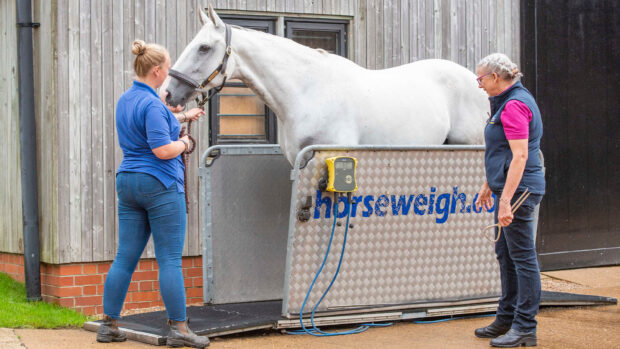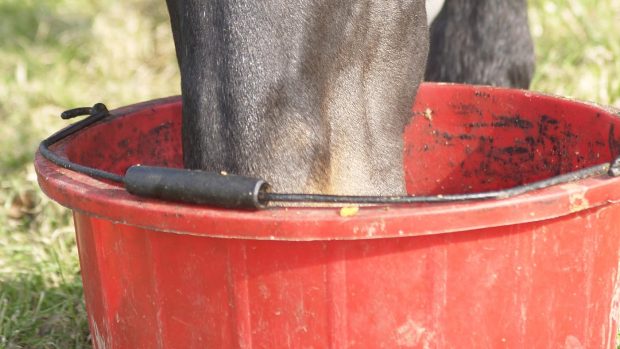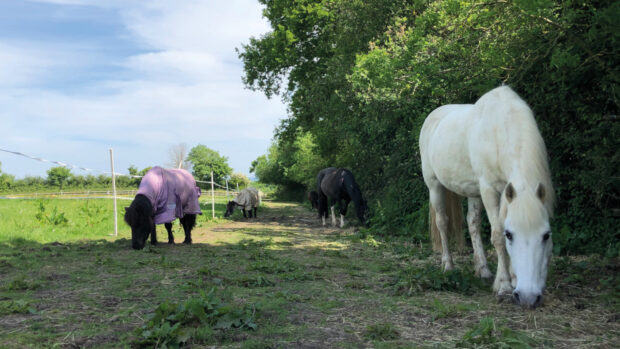Increasingly large proportions of the UK and US human populations are overweight, a fact that has resulted in a massive increase in health problems such as type 2 diabetes. Dietary and lifestyle factors are contributors to such conditions.
The Atkins diet revolutionised human weight-loss programs, with impressive weight loss on an exceedingly low-carbohydrate intake, regardless of exercising. “Low-carb” is now synonymous with a healthy lifestyle in humans and it can be wondered whether “low-carb” can be good for horses too.
“Carb” is short for carbohydrate, of which there are two common forms in our own and our horses’ diets: structural carbohydrates, such as fibre, and non-structural carbohydrates, such as starch and sugar.
Horses and humans do not digest their food in the same way: horses are designed to eat diets rich in fibre, which is then digested by microbial fermentation in the hindgut. Given that the hindgut comprises at least two-thirds of their digestive system, cutting structural carbohydrates in the form of fibre is acutely unhealthy for the horse.
However, some horses may benefit from a reduction in the non-structural carbohydrates (starch and sugar) in their diet. Examples include horses suffering from some respiratory problems, laminitis, Cushings disease and obesity. If your horse fits this description then you should discuss your options with a qualified nutritionist before making changes to your horse’s diet.
Understanding carbs
- Horses require “fibre carbs” in their diet to ensure a healthy hindgut; cutting out fibre will make them ill
- Low-carb in horse terms means low starch/sugar
- Not all horses need a low-carb diet: only those at risk from conditions such as respiratory problems, laminitis, Cushings disease or obesity
- Athletic horses require starch and sugar for exercise
- Some form of exercise each day has been shown in horses and humans to reduce the negative effects of a high-starch and -sugar diet
- The biggest source of sugar carbohydrate in the horse’s diet is grass
- The biggest source of starch carbohydrate is cereal: maize being the highest
- Avoid horse feeds that offer high-fat solutions as an alternative to high-carb, without declaring the starch and sugar contents: it is possible to have high starch and high fat



